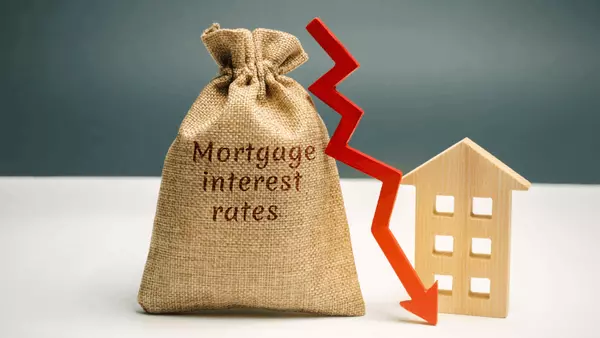Thinking About Renting Your House Instead of Selling? Read This First

Deciding whether to sell your home or rent it out can be a complex choice, especially in today’s fluctuating housing market. While renting might seem like a good way to generate steady income and hold onto your property’s potential appreciation, it comes with its own set of challenges and responsibilities. Before making this important decision, here are some key considerations to weigh.
Financial Pros and Cons
Renting your home offers the potential for a consistent monthly income stream, which can help cover mortgage payments, taxes, insurance, and maintenance costs. Additionally, if your property appreciates, you could benefit from long-term gains.
However, rental income isn’t pure profit. Owners must budget for ongoing maintenance, unexpected repairs, property management fees (if hiring a manager), and periods when the home is vacant without a tenant. Depending on your mortgage balance and rental rates in your area, you may find the cash flow tight or even negative in some months.
Being a Landlord Is a Commitment
Managing tenants requires time, patience, and knowledge of landlord-tenant laws. From screening renters to handling repairs and disputes, the responsibilities can be significant, especially if you live far from the rental property.
Hiring a property management company can ease the burden but comes at a cost—usually around 8-12% of monthly rent.
Market and Tax Implications
Renting rather than selling may defer capital gains taxes associated with a sale, though you should consult a tax advisor about your specific situation. Keep in mind that rental income is taxable, but you can deduct many expenses related to operating the rental.
Consider how likely and how quickly you might want or need to sell the property in the future, and how the market might evolve during that time.
Is Renting Right for You?
Renting can be a smart choice for homeowners who:
-
Want to test a market before selling.
-
Have strong financial reserves and can manage cash flow variability.
-
Are prepared for the time and legal obligations of being a landlord.
-
Anticipate their property appreciating significantly over time.
For others, selling may provide a cleaner, quicker financial resolution and eliminate ongoing hassles.
Conclusion
Before deciding to rent out your home, carefully evaluate the financial realities, your time availability, and long-term goals. It’s a decision that can offer rewards but also carries risks.
If you’re considering renting instead of selling and want to explore the pros and cons for your specific situation, please reach out.
Email me or DM me — I’m here to provide clear advice and help you make the best choice for your needs.
Categories
- All Blogs (293)
- All about Boston (49)
- Buyer Tips (139)
- December Home Maintenance and Safety Tips (1)
- FUN Facts (10)
- Home Décor Ideas (25)
- Home Improvements (1)
- Home Maintenance and Safety Tips (14)
- Infographics (10)
- Investing (82)
- Monday Motivation (6)
- Real Estate (87)
- Seller Tips (105)
- Storage and Organization (8)
- The Open Door Podcast (2)
- The truth about Real Estate (135)
- Tips (83)
Recent Posts











"My job is to find and attract mastery-based agents to the office, protect the culture, and make sure everyone is happy! "
